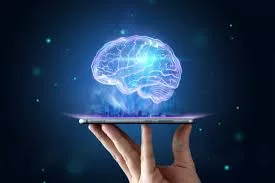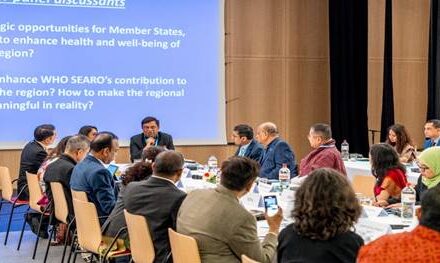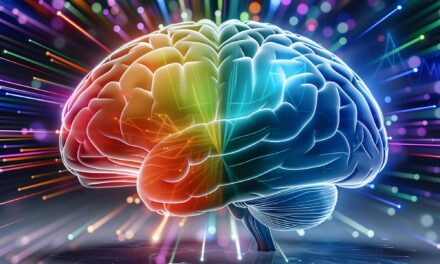
In a surprising twist, researchers from the Norwegian University of Science and Technology have discovered that the act of writing by hand can significantly boost brain connectivity compared to typing on a keyboard. The study, led by Prof Audrey van der Meer, a renowned brain researcher, sheds light on the neurological benefits associated with the physical act of forming letters.
Despite the widespread use of keyboards for their speed and efficiency, the study reveals that writing by hand has distinct advantages, particularly in enhancing spelling accuracy and memory recall. Prof van der Meer emphasizes that the elaborate brain connectivity patterns observed during handwriting are crucial for memory formation and encoding new information, ultimately benefiting the learning process.
The research, published in the journal Frontiers in Psychology, involved 36 university students. The participants were prompted to either write or type a word displayed on a screen, while high-density EEGs recorded their brain activity. When writing by hand, using a digital pen on a touchscreen, the connectivity between different brain regions increased significantly. However, such changes were not observed when participants typed on a keyboard with a single finger.
The findings suggest that the physical act of forming letters with a pen on paper or a touchscreen stimulates diverse neural networks, fostering better connectivity. This enhanced connectivity is associated with improved memory formation, making handwriting a valuable tool for learning.
Interestingly, the study notes that the benefits extend beyond cursive writing. Writing in print, which involves similar finger movements, is also expected to offer comparable advantages for learning. In contrast, the repetitive motion of hitting keys on a keyboard with the same finger is found to be less stimulating for the brain.
Prof van der Meer also highlights potential implications for early education, particularly for children using tablets for learning to write and read. The study suggests that the lack of tactile experience with forming letters on a touchscreen could contribute to difficulties in differentiating between mirror-image letters, such as ‘b’ and ‘d.’
The research challenges the prevailing notion that typing is the most efficient means of written communication and underscores the value of the age-old practice of handwriting in promoting robust brain connectivity and facilitating effective learning.











